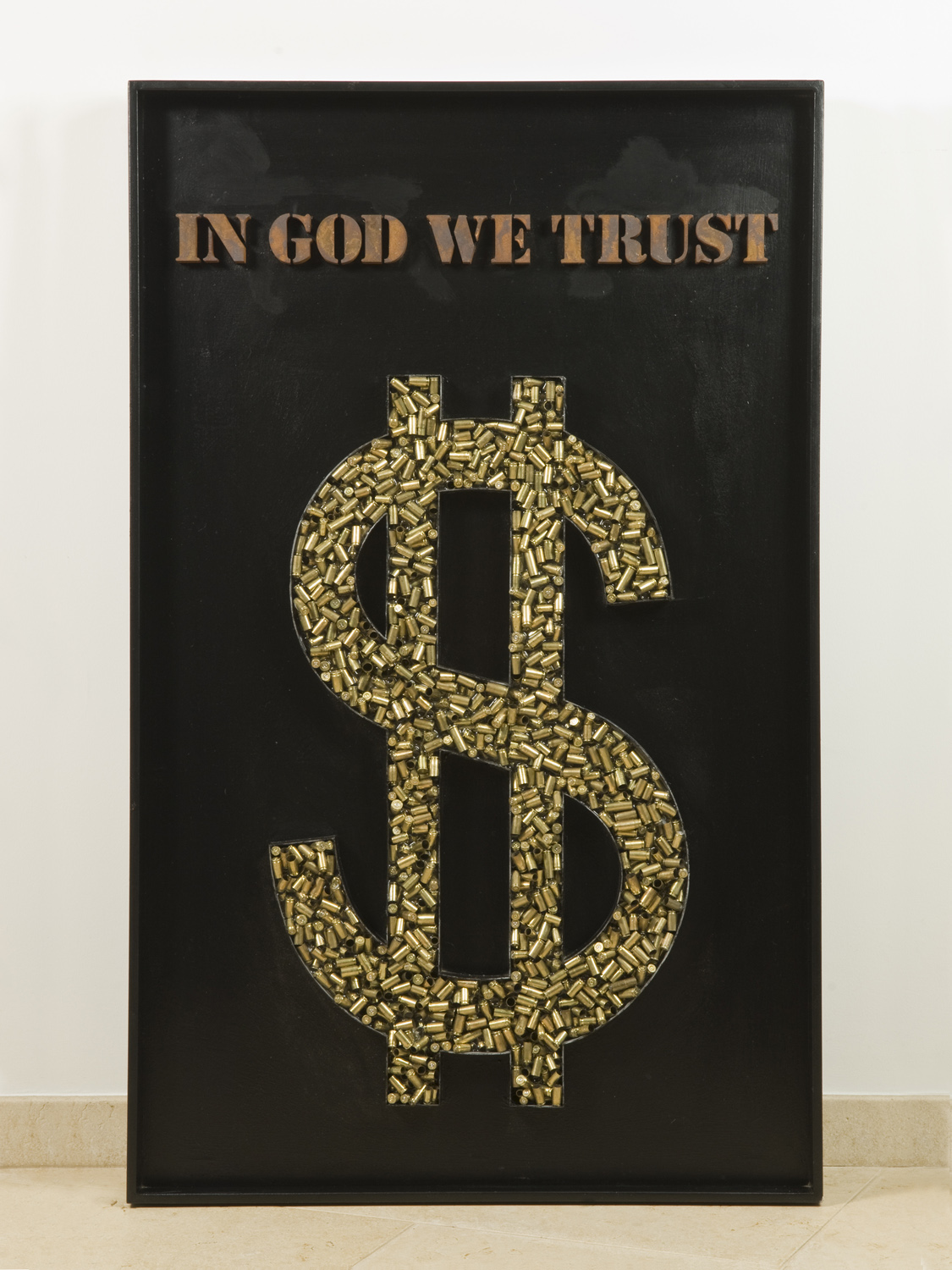

It should gird itself for action in the seething international arena, where competition among states was intense and interminable, quarter was neither asked nor given, and power alone was the currency of all transactions. The United States must now jettison its isolationist heritage, embrace its role as a great power, and behave in the only way such a power could-by unapologetically seeking what Wilson had deprecated as its own "aggrandizement and material benefit." It should identify its interests and acquire the means to protect them as necessary and enlarge them as feasible. Once the mantle of great-power status had been conferred on a nation, Roosevelt believed, it could not be doffed. The Chicago Herald demonstrated the stubborn vigor of the old-time isolationist religion in 1914, when it greeted the outbreak of the European war with "a hearty vote of thanks to Columbus for having discovered America." Theodore Roosevelt, on the other hand, believed that the opportunities and threats of the new century, as dramatically exposed by the outbreak of war, required a fundamental transformation in American foreign policy. Those shots set in motion a train of events that would urgently compel Wilson and his countrymen to come up with an answer. But by what principles should it be guided? As President Wilson asked in a Fourth of July address in 1914, "What are we going to do with the influence and power of this great nation? Are we going to play the old role of using that power for our aggrandizement and material benefit only?" Just six days earlier, in the faraway Balkan city of Sarajevo, two rounds from an assassin's pistol had felled Archduke Francis Ferdinand of Austria and his wife, Sophie. That America now wielded immense potential power was indisputable.
America and the world after bush how to#
Those peculiar historical circumstances had bred stubborn habits of mind, including the cherished belief that the United States could choose whether, when, and how to participate in the world. Shielded by two oceans, with no powerful neighbors to fear, it had been undistractedly absorbed for more than a century in the great project of consolidating its own continental domain. The United States had grown to maturity in a uniquely isolated and secure environment. The war against Spain announced America's debut on the stage of world affairs. Even the United States, though born in a war against empire, became an imperial power at the conclusion of the Spanish-American War, in 1898. Japan annexed Okinawa in 1879, Taiwan in 1895, and Korea in 1910. In the closing years of the nineteenth century Britain, France, Germany, Portugal, Italy, and Belgium colonized enormous chunks of Southeast Asia and virtually all of Africa. Everywhere nations jockeyed for advantage and eyed their neighbors nervously. The structures that had allowed Europe to avoid war for much of the nineteenth century were visibly crumbling.

Wilson did not so much invent American foreign policy as discover it.Īs in 2004, the world a century ago was reaching the end of a long peace. Rather, he saw it as the sole approach to international relations that his countrymen would embrace as consistent with their past and their principles. For Wilson did not think that what came to be known, and often derided, as "Wilsonianism" was just a policy selected from a palette of possible choices. Bush as his natural successor, and he would recognize today's Americans as the direct spiritual descendants of the people he so reluctantly led into that conflict.
America and the world after bush free#
It dedicates the United States to the task of bringing "the hope of democracy, development, free markets, and free trade" to "every corner of the world." Those idealistic-some would say hubristic-words uncannily echo Woodrow Wilson's heady rationale for American participation in World War I. "These values of freedom are right and true for every person, in every society," the National Security Strategy declares. But although this criticism is valid in many ways, Bush's approach also reaffirms what may well be America's only consistent tradition in foreign policy. Many critics have berated Bush, accusing him of jettisoning two centuries of tradition and abandoning the high ground from which Americans have historically waged war with stouthearted moral confidence. At Concord Bridge, Fort Sumter, and Pearl Harbor it was America's adversaries who fired the first shot. Whatever the merits, this doctrine is a radical departure for American diplomacy. Following the catastrophic events of September 11, 2001, Bush declared, it was simply too risky not to act pre-emptively. Bush's 2002 National Security Strategy proclaimed a new American right to wage preventive war.


 0 kommentar(er)
0 kommentar(er)
